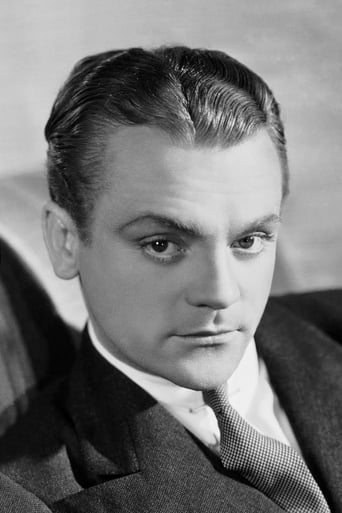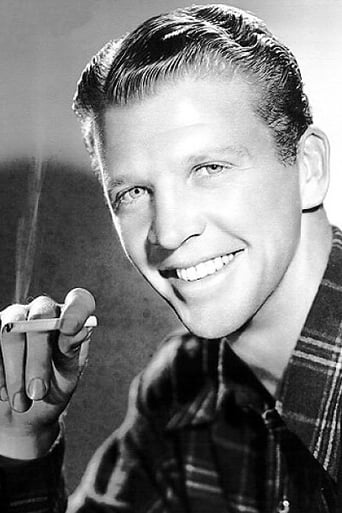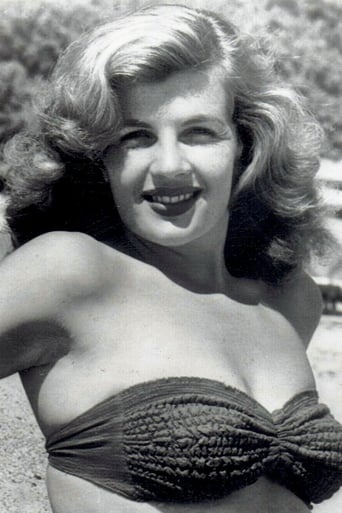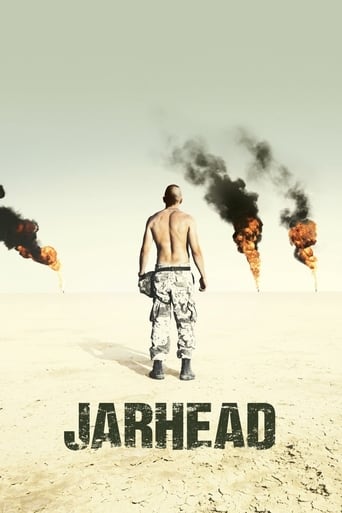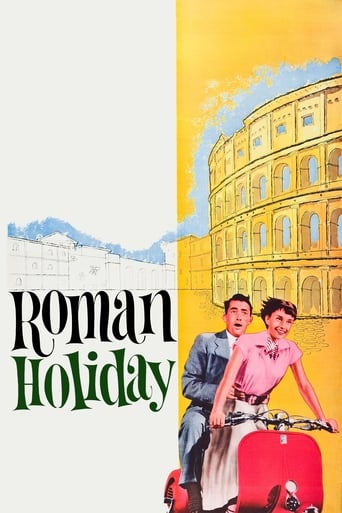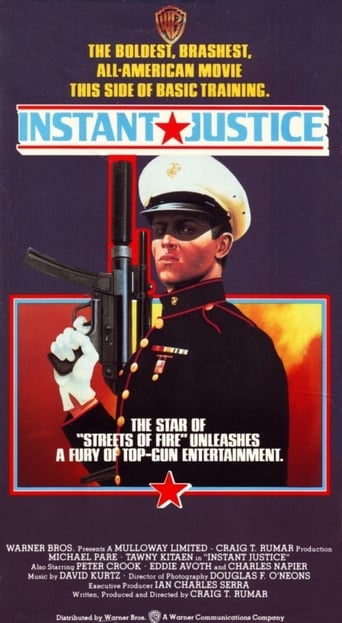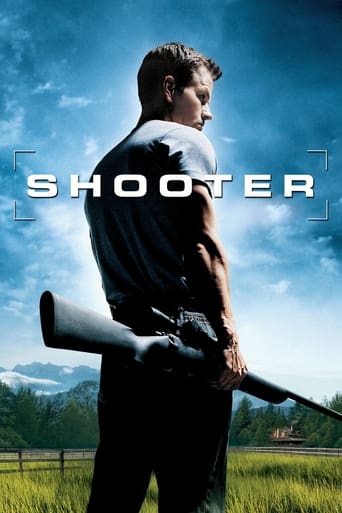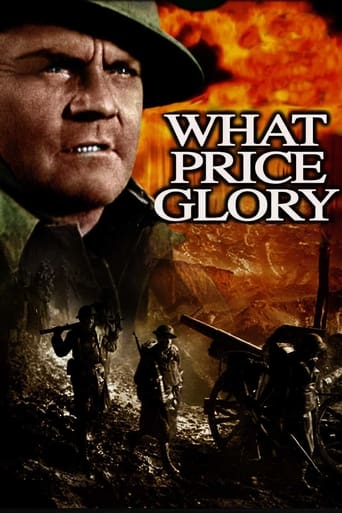
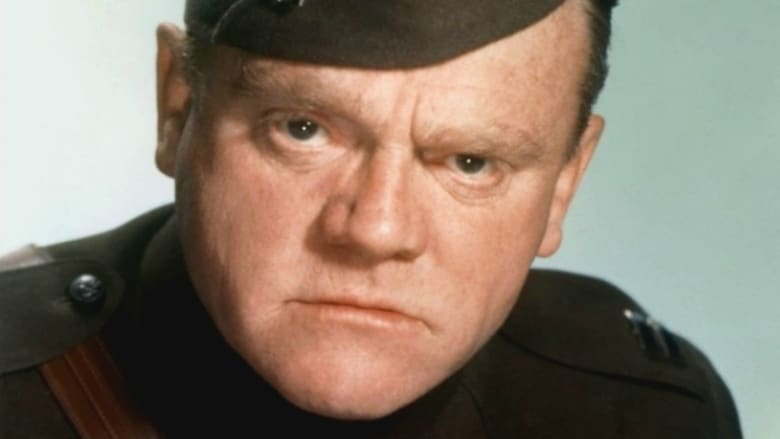
What Price Glory (1952)
Two military men, Captain Flagg and Sergeant Quirt, who are rivals to begin with, grow more at odds with each other when Quirt is made Flagg's top sergeant. And when a local beauty comes between them, their rivalry escalates even further. But when they discover that the woman has marriage in mind, they now compete to try to avoid marching down the aisle - that is, until they are called upon to march into battle.
Watch Trailer
Cast


Similar titles
Reviews
I know little about the play on which this was based, nor have I seen the previous silent film version of that play. So my gripes aren't about how faithful this is or isn't. I just think this movie stunk to high heaven and I can't believe James Cagney, let alone the great John Ford, had anything to do with it. This is a very lame, tired war comedy with a paunchy old Jimmy Cagney and Dan Dailey lusting after a younger woman (Corinne Calvet) while World War I is going on. There are some attempts at staying true to its serious backdrop but that just makes matters worse all jumbled together with the sophomoric comedy. One good thing I'll say about it is that Corinne Calvet is easy on the eyes. Avoid this unless you are a Ford or Cagney completist. Or, for whatever reason, you are a big fan of Dan Dailey. Written by the parents of Nora Ephron!
In the mid-1920s, when What Price Glory? debuted as a play and was filmed for the first time, there was a popular anti-war mood, and cultural works attacking the First World War proliferated. In the early-1950s, with World War Two a recent memory and the Korean war still going on, war movies of every kind were at the height of their popularity, but there was no way they could be openly anti-militaristic. Hence, when Fox Studios decided to resurrect the classic story in 1952 it was largely a comical and de-politicised affair.With a screenplay by Henry and Phoebe Ephron, this version of What Price Glory? uses virtually none of Maxwell Anderson's original dialogue. The job of direction was handed to John Ford, who was known for staging extended improvisations, creating little vignettes of military life with comical drunkenness and good-natured fistfights. In What Price Glory? this is done to the extent that it actually overshadows any semblance of plot. And not just the anti-war business; the romantic subplots seem weak and disjointed as well.That's not to say there aren't some good things about this picture. The Technicolor cinematography by Joe MacDonald is often breathtaking, giving a haunting quality to the mist-shrouded battlegrounds. Ford was as always a good visual director, often using stark contrasts in depth to bring different ideas to our attention in the one shot. For example, as the troops march off to the front, a mass of drab browns and greys, we see Corinne Calvet in a bold red, white and blue dress – a human flag and a reminder of what the men are leaving behind them. And James Cagney is good fun in one of his purely comic roles.But there is little else to recommend about this What Price Glory? Various scenes look to have been filmed with an emphasis on pathos, but they don't work within the structure of the whole thing. When a young Robert Wagner makes the central speech in which the words of the title are spoken, it seems barely to relate to the rest of the picture. And it's not the mixing of comedy with the realities of war per se that makes it fall apart – after all this is the basis of such classics as The Big Parade and MASH – it's just that the balance is wrong. It simply fails to take the war seriously enough, and the "serious" moments seem like flimsy little inserts. Of course, if it had been a tight and hard-hitting anti-war drama, it would most likely have fallen foul of the censors and/or stifled the careers of its creative team. As it was, this vague mish-mash of bar songs and army jokes was conveniently inoffensive.
In 1918, in Bar-de-Duc, France, the leader of a company of Marines in the front, Captain Flagg (James Cagney), receives a group of green replacements and his disaffection, the tough Sergeant Quirt (Dan Dailey). Their rivalry increases when they both feel attracted by the same easy woman and daughter of the local innkeeper, Charmaine (Corinne Calvet).What a disappointing and silly parody of war this "What Price Glory" is! Directed by John Ford and with James Cagney in the cast, I could not believe that this film would be so weak. Today I have watched "The Road to Glory", a great anti-war movie directed by Howard Hawks that shows the barbarian life in the trenches in WWI. However, John Ford has made neither a comedy (like Robert Altman's "MASH"), nor a romance or drama or war movie. Actually it is a messy feature, too silly and not funny for a comedy, too heavy for a romance and unreal for a drama or war, but with a magnificent cinematography and a lovely Corinne Calvet. My vote is five.Title (Brazil): "Sangue por Glória" ("Blood for Glory")
One of the great anti-war plays of the 1920s was Maxwell Anderson's What Price Glory. The play expressed popular American feeling that we were never going to war again like that and endure the slaughter in those trenches in France that occurred in the short time we were there. Remember we only declared war in 1917 and the thing had been going on in Europe for three years by the time we got there.One of the things Woodrow Wilson as President and the American Expeditionary Force commander John Pershing insisted on was that the American army when fully trained would fight as a unit and not just be replacement troops for the French and British already there. They deviated only once from that policy when the American First Marine Division became the first American troops in battle in World War I at Belleau Wood. These Marines depicted here are part of those troops.John Ford is one of our great American directors and when he does his own work on material never before used he's produced some remarkable cinema. But here he takes a serious anti-war play and turns it into one of his service comedies. There certainly are comedic elements in What Price Glory, but it's a serious picture.The original silent film version done by Raoul Walsh was faithful to Maxwell Anderson's spirit and introduced those two Marines Edmund Lowe and Victor McLaglen who were so popular as Captain Flagg and Sergeant Quirt that they went and starred in a slew of buddy films. In fact they and James Cagney and Pat O'Brien introduced and popularized the buddy film genre.Cagney steps into McLaglen shoes here and Dan Dailey plays Sergeant Quirt. They played two belligerent oafs in this and play them well, but no one ever thought of re-teaming them.John Ford should have let this classic alone.


